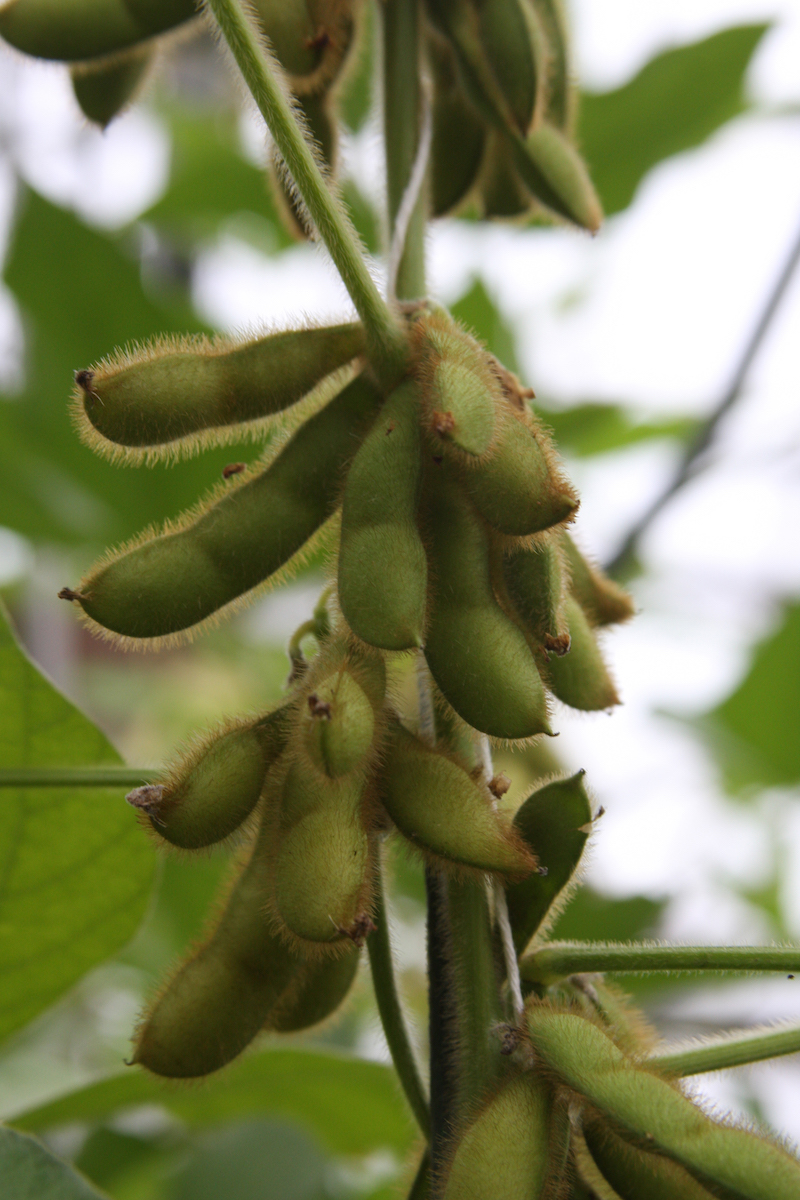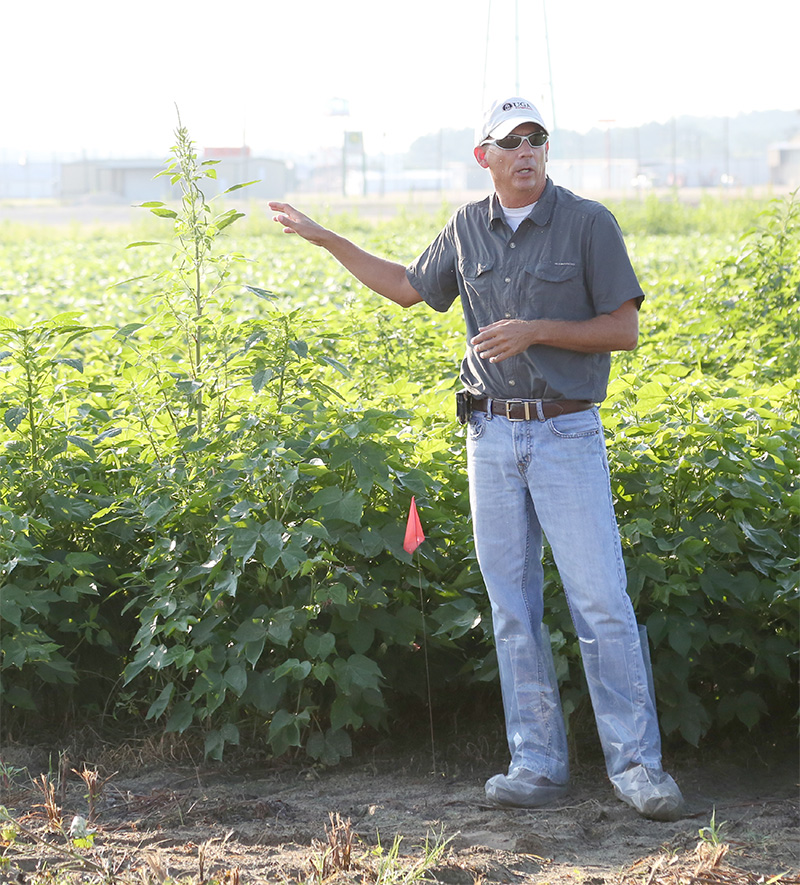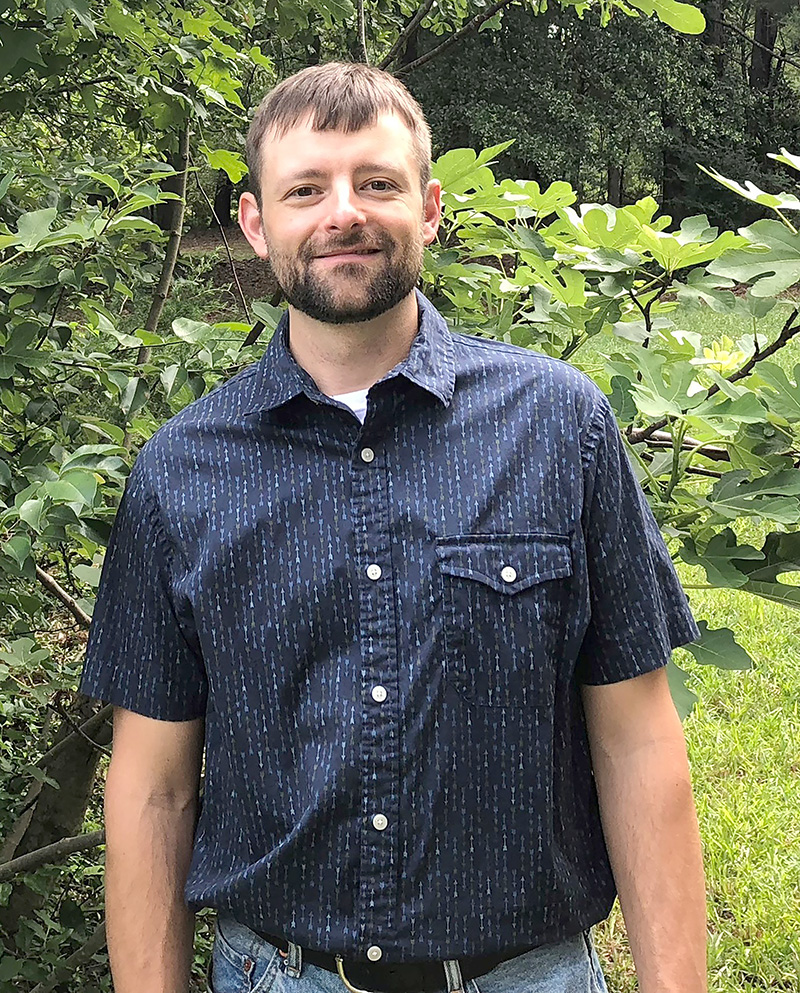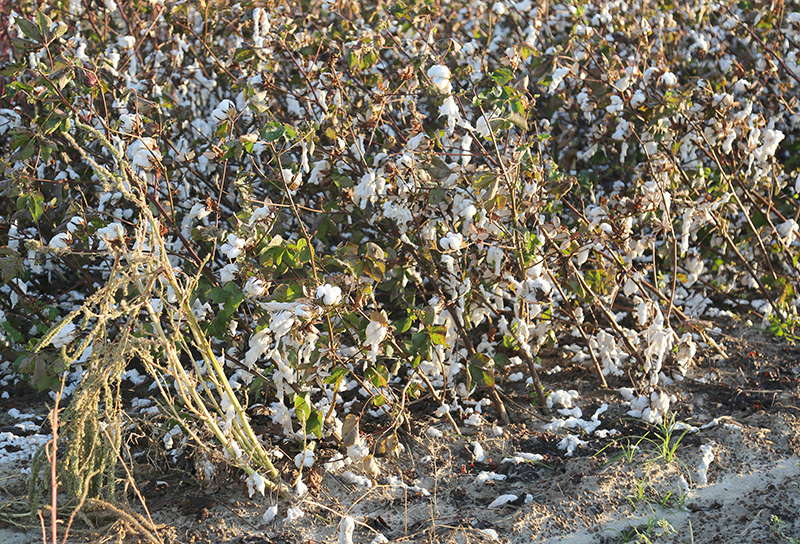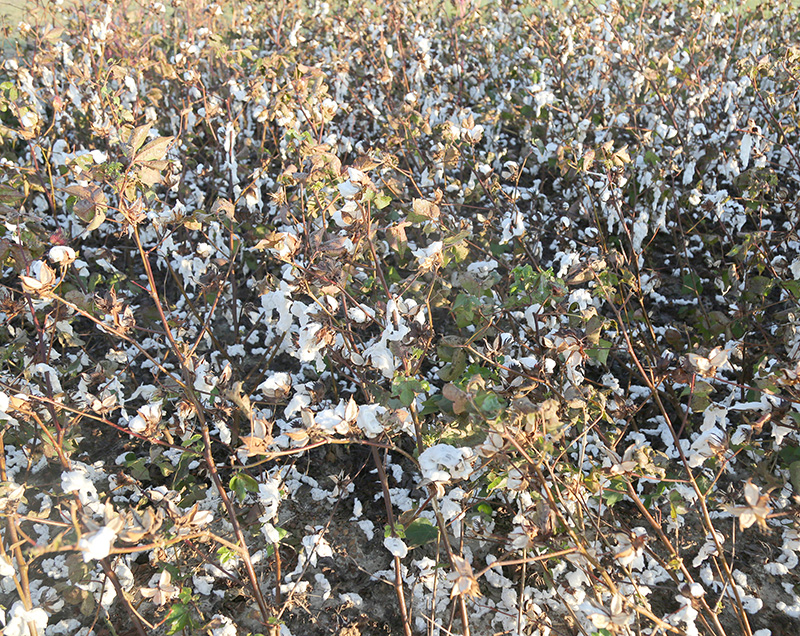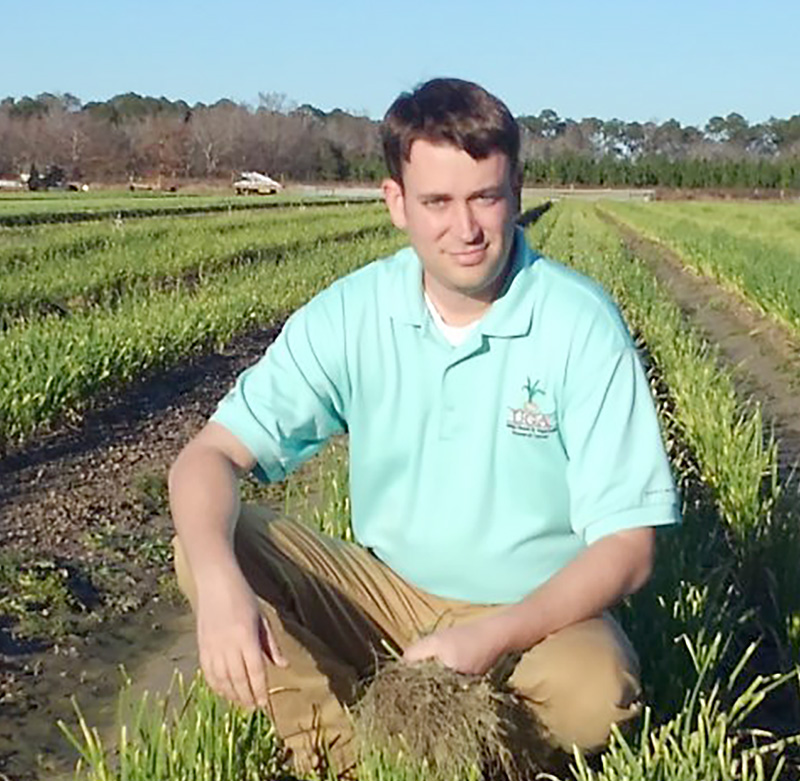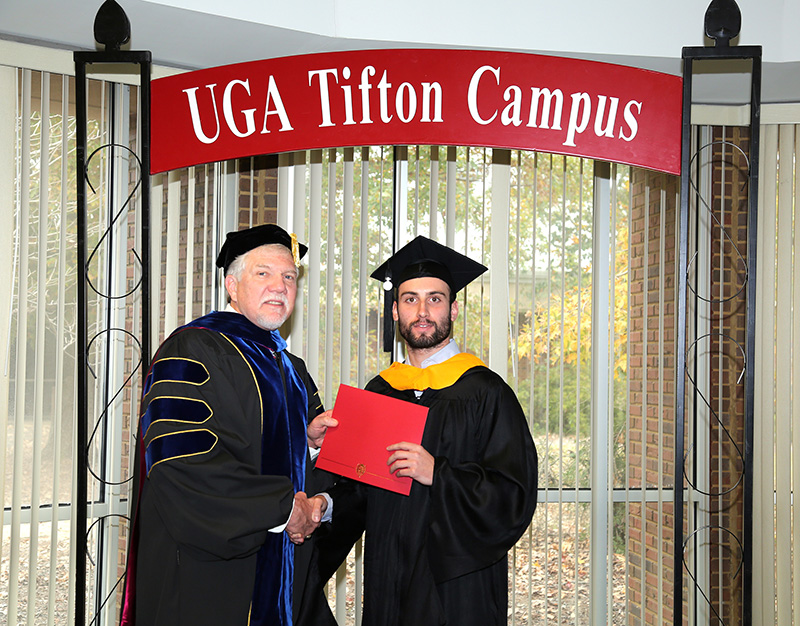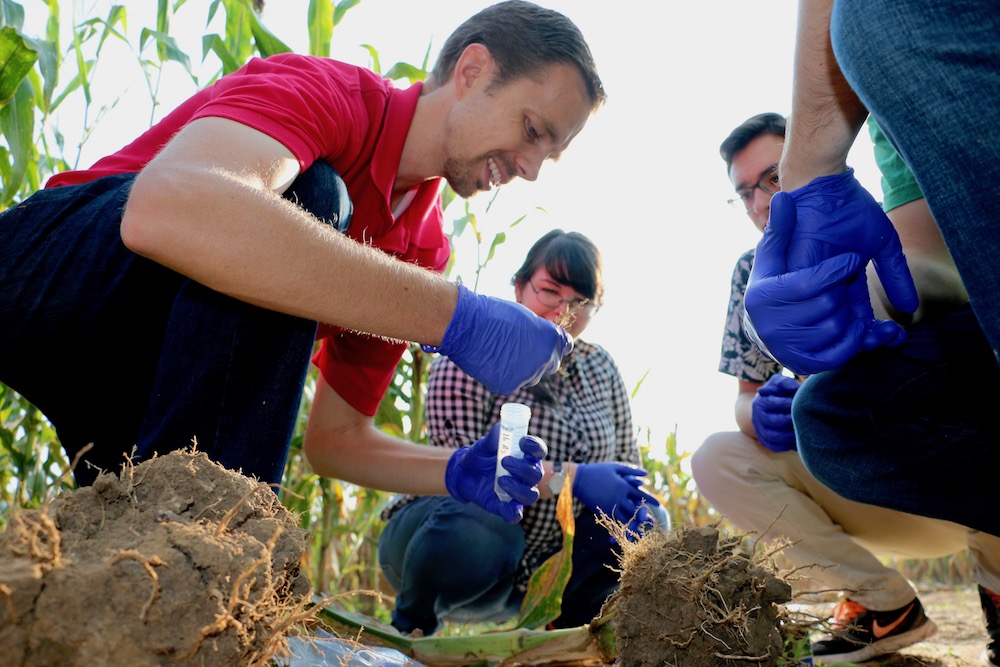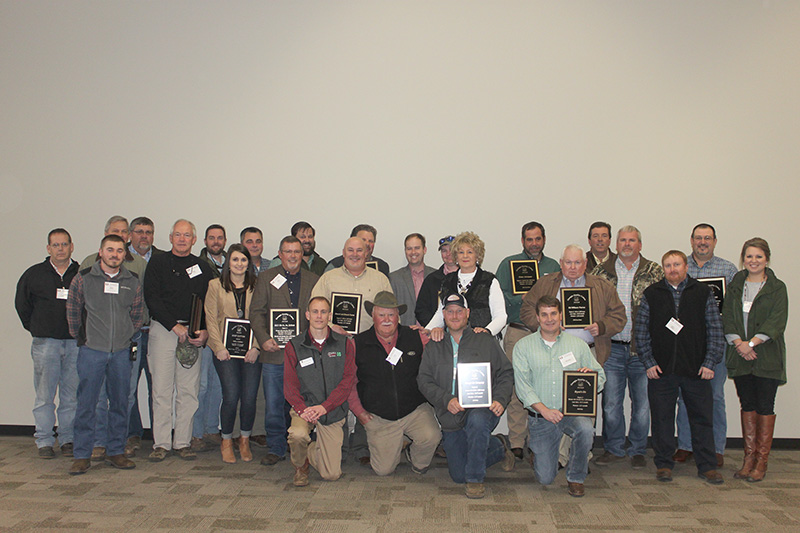 CAES News
CAES News
Cotton Award Winners
The University of Georgia Cotton Team recognized the best cotton producers in the state with the 2018 Georgia Quality Cotton Awards during the Georgia Cotton Commission’s annual meeting and UGA Cotton Production Workshop held on Jan. 30, 2019, in Tifton, Georgia.

